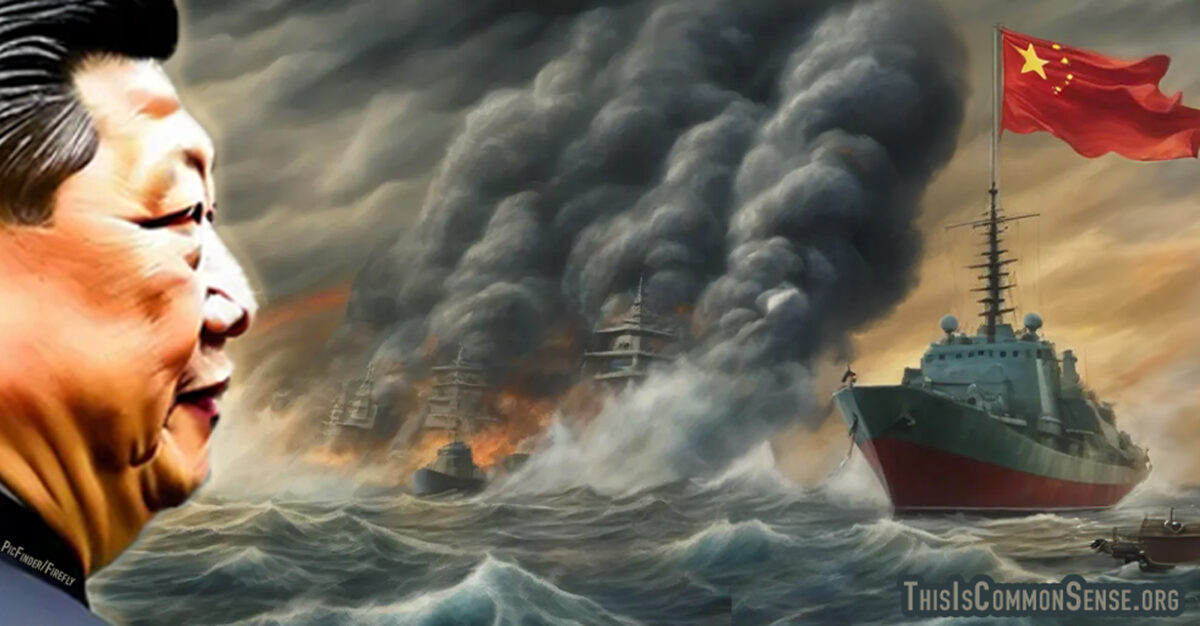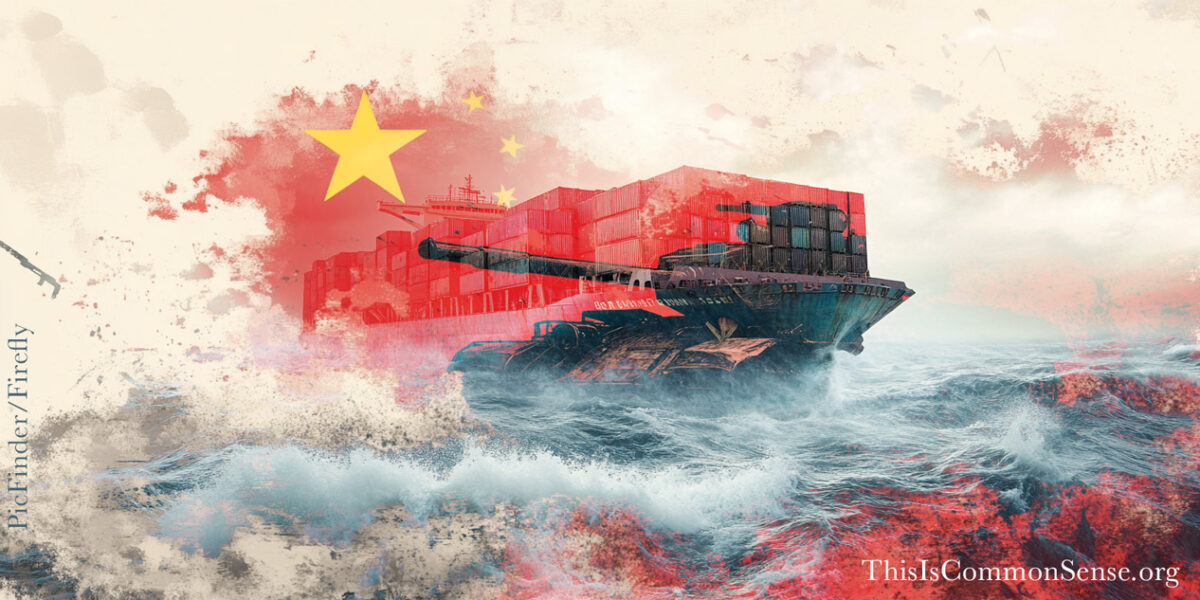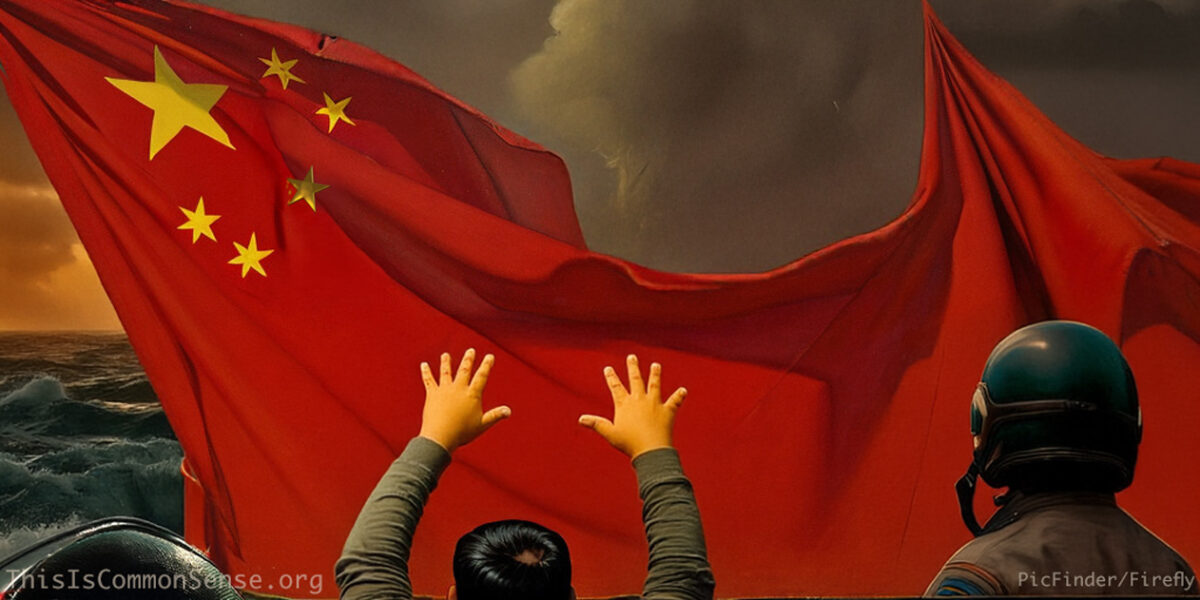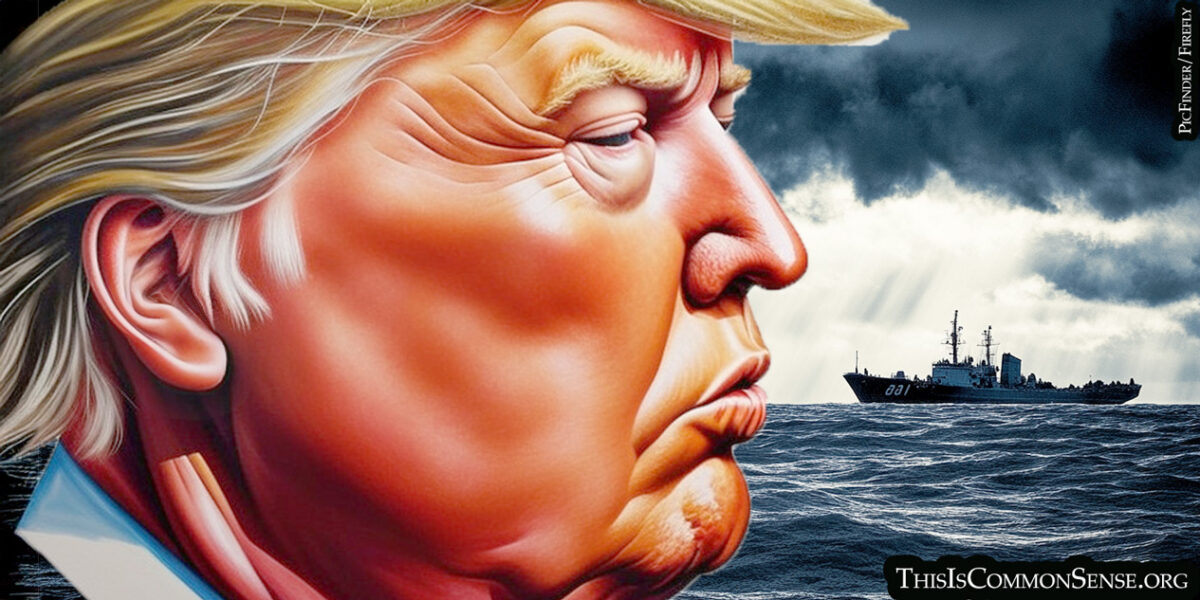“Vietnamese newspaper Tien Phong reported that 40 individuals from foreign ships thrashed the fishermen aboard the Vietnamese ship with iron pipes and stole their fishing gear,” relayed The Eur-Asian Times. Four fishermen were seriously injured, three had broken limbs.
At the time of that September 29th report, the vessels that attacked the fishing boat were only identified as “foreign.” But everyone knew which country was responsible.
Only the Chinazis, as Hong Kongers call those atop the Chinese Communist Party, behave with such brutality and callous disregard for the rights of others. The boats involved turned out to be part of China’s Maritime Safety Administration.
“Safety”?
Well, safe for Chinese exploitation of the entire South China Sea (SCS), 90 percent of which the genocidal totalitarian regime claims as its own and is now actively policing — without regard to international law or the rights of the Vietnamese, Filipinos, Malaysians, Taiwanese, Indonesians and others.
After arbitration between the Philippines and China under the United Nations Convention on the Law of the Seas, an international court ruled in 2016 that China’s SCS claims were without any foundation. Obviously China continues to ignore the international court — and with increasing force.
“[T]he Chinese Coast Guard and the Philippine Navy clashed at sea and in the air a whopping six times in August over key areas of the SCS,” noted a story in The National Interest, adding that five of the six incidents occurred in Philippines’ Exclusive Economic Zone. The sixth was in international waters. None took place anywhere close to China.
Without a military alliance with the United States “China would basically consider you as a meat on the table,” explained Professor Renato Cruz De Castro of De La Salle University in Manila,
“China would simply subjugate you,” the professor continued, “whether you appease China or challenge China.”
This stark reality now drives even Vietnam to seek help from the United States … as the world lurches closer to World War III.
This is Common Sense. I’m Paul Jacob.
Note: After putting this commentary to bed, news broke last night that China’s military is encircling Taiwan in a military exercise practicing an invasion and/or blockade of the democratic island nation.
—
See all recent commentary
(simplified and organized)





